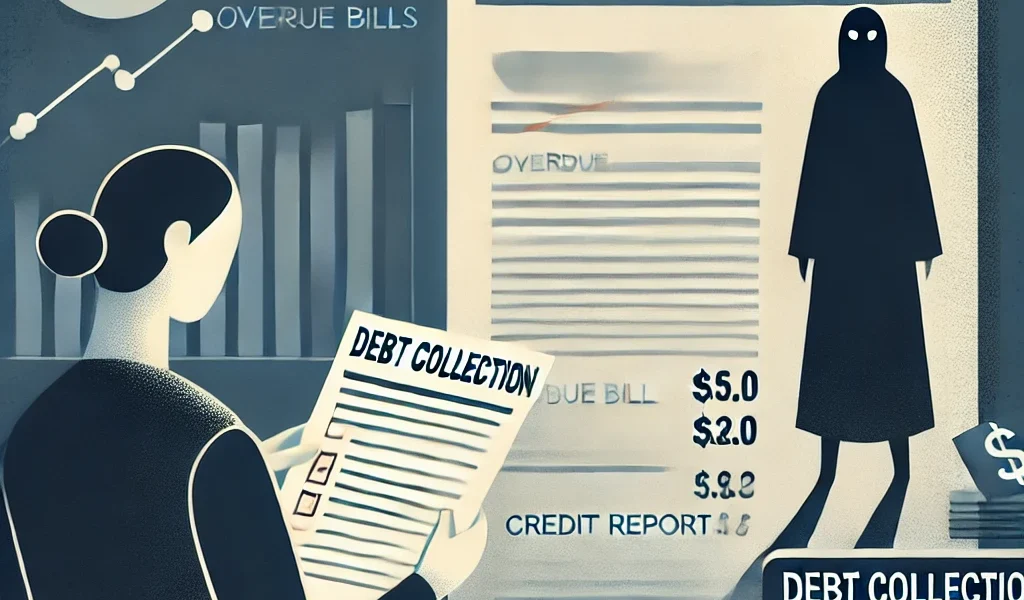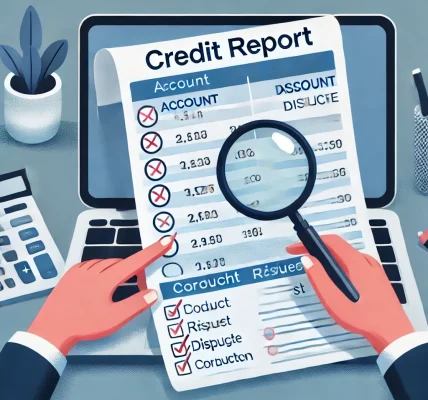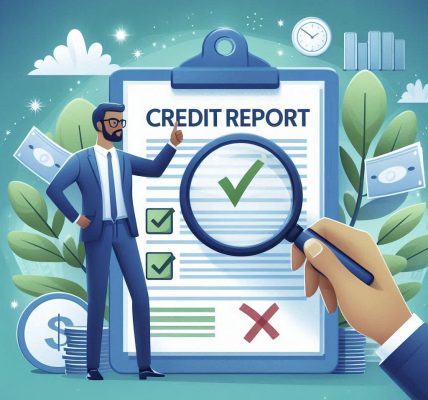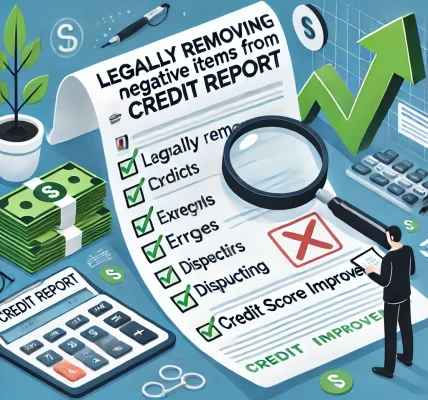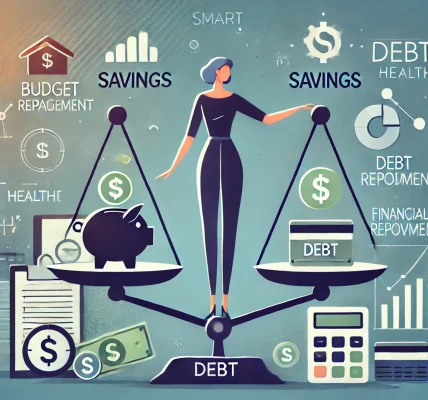Introduction
Receiving a notice that your debt has been sent to collections can be overwhelming and stressful. However, you are not alone, and there are steps you can take to handle the situation effectively without worsening your financial health.
This guide will walk you through what happens when your debt is sent to collections, your rights as a consumer, and strategies to resolve the debt responsibly while protecting your financial future.
1. Understand What Debt Collection Means
When you miss payments on a loan, credit card, or other financial obligation, the lender may sell or transfer the debt to a collection agency. This agency is then responsible for recovering the amount owed.
Key Things to Know:
- Debt collectors buy debts at a discount, meaning they may accept less than the full amount in a settlement.
- Collections accounts hurt your credit score, but resolving them can help improve your financial standing over time.
- Debt collectors must follow laws, such as the Fair Debt Collection Practices Act (FDCPA), which protects consumers from harassment and unfair practices.
2. Verify the Debt Before Taking Action
Before making any payments, you should confirm that the debt is legitimate and that the collector has the right to collect it.
Steps to Take:
✅ Request a written validation notice from the collection agency (they are legally required to provide this within five days of contacting you). ✅ Check the amount owed, the original creditor, and whether the debt is past the statute of limitations in your state. ✅ Review your credit report to ensure the debt is listed correctly. ✅ Dispute the debt if there are any errors or if you believe it is not yours.
3. Know Your Consumer Rights
Debt collectors must follow strict laws to prevent abuse and harassment. The Fair Debt Collection Practices Act (FDCPA) outlines the rules they must follow.
Your Rights Include:
- No harassment or threats – Collectors cannot use abusive language or threaten legal action they do not intend to take.
- Limited contact hours – They cannot call before 8 AM or after 9 PM unless you allow it.
- No discussing your debt with others – They cannot contact your employer, family, or friends about your debt (except for location purposes).
- Right to request written communication – You can request that all communication be done in writing to avoid phone calls.
If a debt collector violates your rights, you can file a complaint with the Consumer Financial Protection Bureau (CFPB) or your state attorney general’s office.
4. Decide How to Handle the Debt
Once you verify that the debt is legitimate, you need a plan to resolve it in a way that works for you. Here are your options:
✅ Pay in Full (Best for Fast Resolution)
- Paying the full amount removes the debt from collections and prevents further negative impacts on your credit score.
- Make sure to get a written confirmation from the collection agency that your debt is fully settled before paying.
✅ Negotiate a Settlement (Pay Less Than What You Owe)
- Collection agencies often accept a lower amount because they purchased the debt for less than its original value.
- Offer a lump sum or structured payments in exchange for a settlement agreement in writing.
✅ Set Up a Payment Plan
- If you cannot afford a lump sum, many collectors will work with you to set up monthly payments.
- Get all terms in writing to avoid misunderstandings.
✅ Request a Pay-for-Delete Agreement (Not Always Successful)
- In some cases, collectors will remove the debt from your credit report if you settle the account.
- This is not guaranteed, so ensure you have written confirmation before making payments.
5. Understand the Impact on Your Credit Score
When a debt is sent to collections, it can significantly lower your credit score and remain on your credit report for up to seven years.
How to Minimize Credit Damage:
✅ Negotiate a “Paid in Full” status – This looks better on your report than “Settled.” ✅ Monitor your credit report – Ensure the debt is correctly reported once resolved. ✅ Work on rebuilding credit – Use responsible credit habits, such as paying bills on time and keeping credit utilization low.
6. Avoid Future Debt Collection Issues
Preventing future debt collection problems is key to staying financially healthy. Here’s how:
Smart Financial Habits:
✅ Create a budget to keep track of your expenses and avoid missing payments. ✅ Set up auto-pay for recurring bills to avoid late fees and penalties. ✅ Build an emergency fund to cover unexpected expenses instead of relying on credit. ✅ Check your credit report regularly to catch and correct errors before they escalate.
7. When to Seek Professional Help
If you’re struggling with multiple debts, consider seeking assistance from credit counseling services or debt relief programs.
When to Get Help:
- If you cannot afford minimum payments and are at risk of defaulting on other loans.
- If you are being sued by a creditor and need legal assistance.
- If you feel overwhelmed and need guidance on repayment strategies.
Look for nonprofit credit counseling agencies that can offer assistance without high fees.
Conclusion: Take Control of Your Debt
Debt collections can be stressful, but understanding your rights and taking proactive steps can help you navigate the process successfully. Whether you negotiate a settlement, set up a payment plan, or pay in full, the goal is to resolve the debt in a way that protects your financial future.
By practicing smart financial habits and monitoring your credit, you can avoid collections in the future and build a stronger financial foundation.
Legal Disclaimer: This article is for informational purposes only and does not constitute legal or financial advice. Always consult a financial expert before making credit-related decisions.
